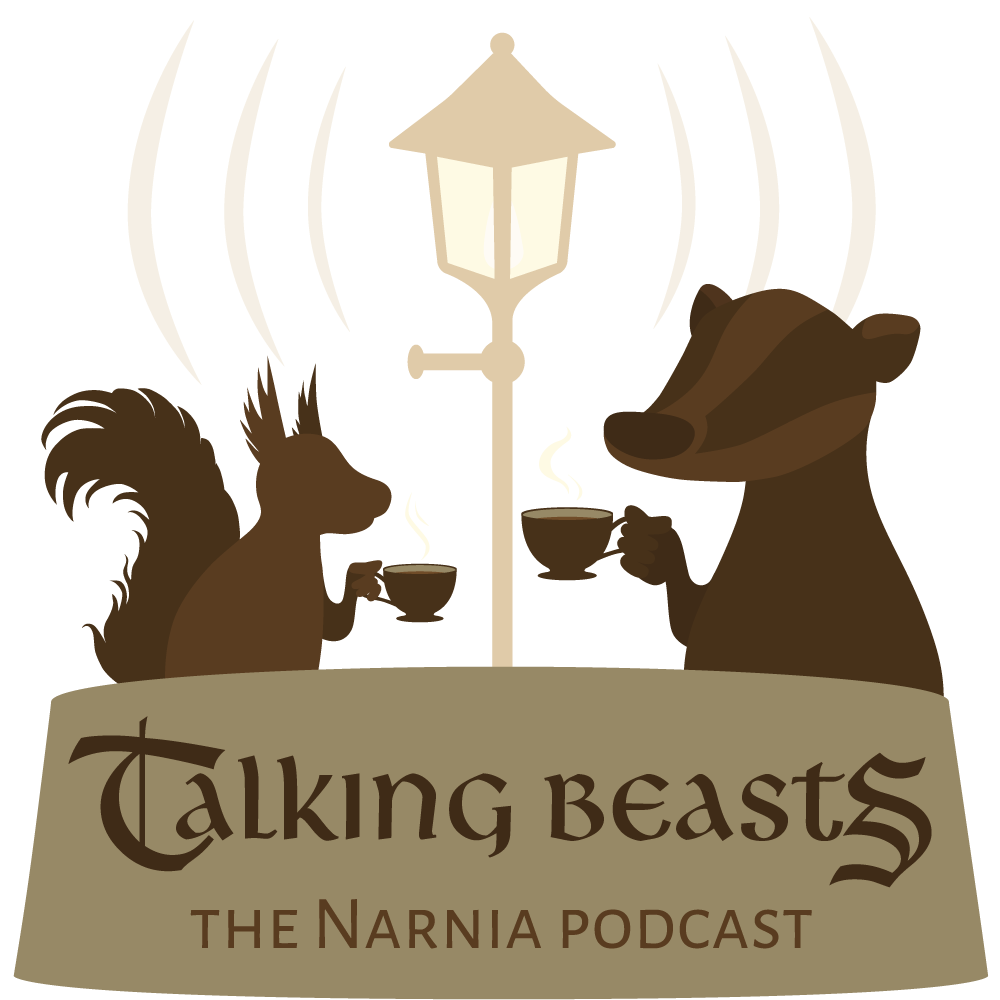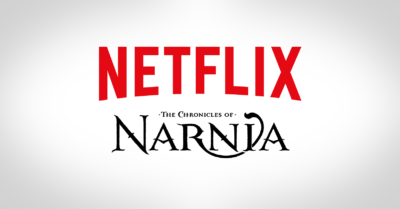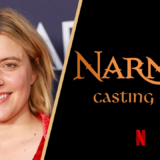Andrew Adamson Interview, Part 4
Elbakin.net has released part 4 of their interview with Andrew Adamson.
Questions for Andrew Adamson – Final Instalment
Adaptation
What was the most important thing you wanted to bring from the books to the screen?
It was important to me to stay true to the story and to create a believable world. Both in London before they enter Narnia, and in Narnia itself. I really wanted to bring the world of Narnia to life how I imagined it as a child. I found it interesting though, that when I went back and re-read the books as an adult they were actually a lot simpler than I imagined. I realized that to me, as a child, Narnia was an absolutely believable world. I really saw it as a place where all of these creatures existed.
Do you think that, for the cinematic adaptation of fantasy novels as well known as the Chronicles of Narnia or Lord of the Rings, the director has to be a fan of the books to make a faithful translation to film?
Ultimately I don’t know that they have to be long-time fans, but obviously a director has to love any material that he works with if he’s going to be true to it. In my case this was never a question because I had been a fan of the books since childhood. I think that it definitely helped to have that childhood love of the stories to draw on.
Has adapting the Chronicles of Narnia always been a dream of yours or is it just a project like any other?
I never really dared to dream that I would one day adapt any of these stories, so no it is not ‘just another project like any other”. Then again, I hope that I never feel that about any project I work on. I think you have to love what you’re doing and make a movie that is first and foremost for yourself. I certainly wouldn’t have engaged in this mammoth task if I didn’t feel that it was something that I loved.
What is the main target group for this movie? How does the picture reward adult movie goers?
The main target is me! I don’t mean that in any way other than that you can only make a movie that appeals to your own sensibilities. When you start to try and second guessing what an audience wants then you stop being truthful. That being said I think it’s a universal story that can translate to both kids and adults, boys and girls. It is a story that takes sibling rivalry and disagreements to epic levels of betrayal, sacrifice and forgiveness and does so with great heart, scope and visual spectacle.
I’ve been very lucky so far that my films have appealed to a wide audience and I think this one will too.
How hard was it to turn the world of Narnia into a motion picture and what kind of compromises did you have to make as far as the story is concerned?
It was hard! I have been lucky to be surrounded by a great team and a studio that believed in the material and in that team. I don’t feel that we’ve had to make any significant compromises in making this film. I think it ultimately lives up to what people imagine Narnia to be.
Do you fear Narnia fans’ reactions to your interpretation of the book?
It’s very intimidating to take on the making of a book into a movie when you know how many people love the property. Because you’re not just making the books, you’re also making their memory of the books. My goal was always to stay truthful to the world C.S. Lewis created. Having nearly finished the three year journey of making this film I no longer fear the fans’ reactions, I think we’ve made a film that will leave them more than satisfied.
Would you have liked to meet CS Lewis in person? What would you have told him put him at ease before the filming?
I would love to have met C.S. Lewis in person, particularly as a child. I’ve read many of his letters to children about the Narnia books and would have relished the opportunity to ask him questions of my own. I think to put him at ease I would have shown him my love of his books in the same way I did Doug Gresham, his stepson.
What does the world of Narnia mean to you?
I’m not sure how to answer that question…? When I read the stories as a child I always believed Narnia was a real place, not an imaginary place as for instance “Oz’ is to Dorothy. To me it represents the possibility of places that exist beyond the known. I want places like Narnia to exist.
How do you feel that the message of the Narnia story still has relevance in today’s world?
To me the main messages are that of family, sacrifice and forgiveness. I can’t think of more relevant messages for today. Particularly that of forgiveness. The world would be a much better place if we could let go of grudges and forgive.
What does the character of Aslan the lion represent for you?
I’ve always loved big cats because of Aslan. I like the fear and awe that they inspire, the way you are drawn to them and yet afraid of them. I think this is why C.S. Lewis chose a lion to be this powerful omnipotent character.
What was your approach to dealing with the Narnia-books’ much-discussed Christian subtext?
My approach was to make a movie that was faithful to C.S. Lewis’ book. This is a book that has been read for generations and interpreted differently by many people throughout the years. Basically I think the movie is true to the book in the same way: If you found spiritual meaning in the book, you will find it in the movie. If you enjoyed the book as an adventure so you will the movie.
Thanks to Ciboule for sending this story.





